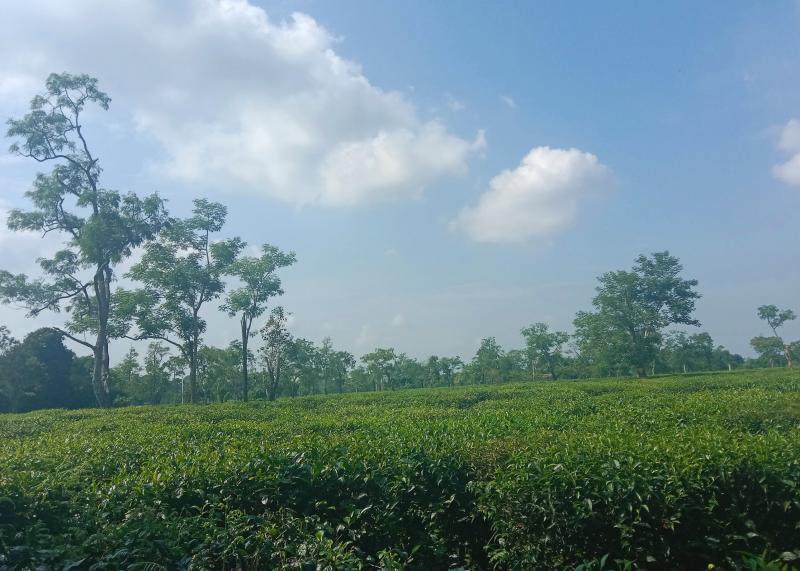Jorhat (Assam), India – In a bid to encourage more tea plantations in new areas, Tea Board India has suspended seven sections of the Tea Act, 1953. From now on, permission will not be required to plant tea anywhere in the country.
The notification in this regard was issued on Aug. 8, 2021.
However, stakeholders of the tea industry have expressed concern about the tea board’s notification, suggesting that such a move could lead to production of more poor quality tea.
“Suspension of these rules are likely to let way to more unregulated growers even in non-tea growing areas… This will lead to more poor-quality tea,” said a planter in tea-rich upper Assam.

Tea production in India already faces a surplus, and mainly by small tea growers. In addition, the quality has also reduced over the years. In fact, tea prices have remained stagnant in the auction centers for several years now, amidst a rise in the cost of production.
As per a circular, Tea Board India also stated that the central government has suspended the operation of section 12 to 16, section 39 and 40 of the Tea Act, 1953 with effect from Aug. 23 this year until further notice.
The circular was released following the ministry of commerce and industry’s earlier decision to amend the Act that restricts cultivation of tea without due permission from the Board.
Under the suspended section 12 to 16 of the Tea Act, restrictions were provided to prevent unregulated cultivation. It mentions the necessary permissions to be granted from the Board to cultivate tea.
A Fresh Challenge
“The sections [which have been suspended] used to safeguard the interests of the industry,” said another tea planter in tea rich eastern Assam, who believes the decision is a fresh challenge for the beleaguered tea industry. “More tea plantations will lead to an abrupt rise in the production of tea leaves and an oversupply that can bring down tea prices. The small tea growers will be most benefitted. But the organized tea planters may have adverse impacts.”
The tea board, however, said that there would be no major impact on the tea industry following the new decision, which was implemented to encourage tea cultivation in new areas, with the hope of developing specialty tea hubs.
Tea Board Chairman P.K Bezboruah has been quoted in the press saying that it was a redundant law, since people were hardly following the rules.
Bezboruah said that though apprehensions have been raised by some quarters that green tea leaf production could increase exponentially with the suspension of the provision for permission, it is unlikely to happen.
He said tea planting, especially by the small tea growers, was happening without taking the requisite permission from the Tea Board of India for several decades. “The law was there but it was not enforced,” he told The Free Press Journal in India. “So, we don’t think it will have much of an impact overall.”
Encouraging More Tea Planting
The Tea Board chairman further said the decision to suspend mandatory permission could be aimed at encouraging more tea planting in states like Himachal Pradesh and Uttarakhand in the northern part of India.
Bezboruah also told The Free Press Journal: “The government wants to promote tea plantation in these states. Tea cultivation has been going on in these states since the British era, but the yield is much low compared to traditional tea growing areas like Assam or West Bengal.”
The government in India could be hoping to develop these as specialty tea hubs in line with certain pockets in China, which are low yielding in terms of production but fetch high value in the market, Bezboruah noted. “But whether it can be translated into reality – for that we will have to wait and watch," he concluded.
Assam is considered the largest tea growing region in the world, producing more than half of India’s tea production. In recent times, a few neighboring states – Arunachal Pradesh, Nagaland, Meghalaya – have taken up to tea cultivation and have been doing good. In fact, a tea garden in Arunachal Pradesh had managed to fetch record prices at the Gauhati Tea Auction center in the specialty tea category a couple of years back.
Pullock Dutta – based in Assam, near the Tocklai Tea Research Institute – is a freelance journalist, contributor to World Tea News, and a previous special correspondent of the Telegraph in India for more than two decades.
